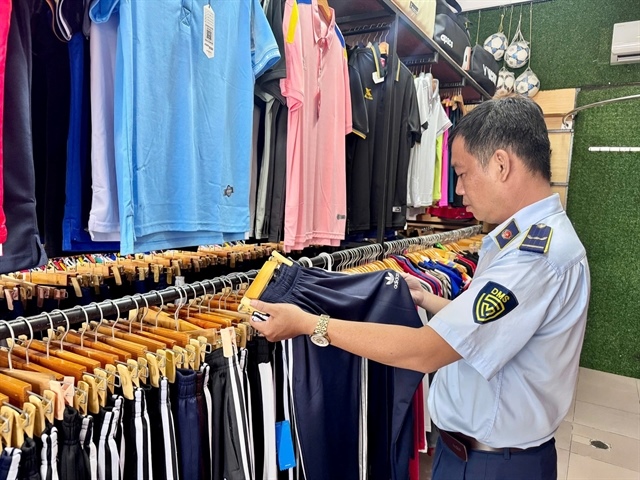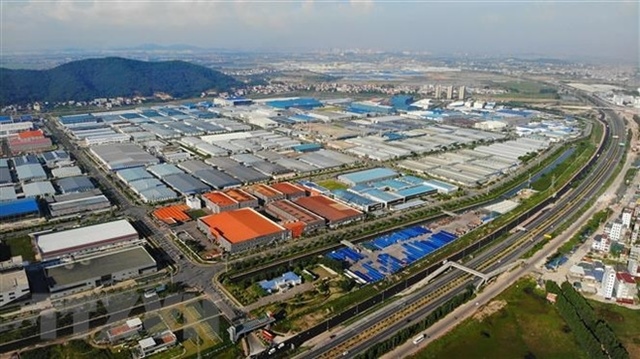VN adopts open contracting initiative
VN adopts open contracting initiative
Viet Nam has implemented an open contracting initiative as part of a drive to improve transparency in procurement activities, particularly in public investment projects.
This was also aimed at boosting the participation of the public in supervising contracts to improve the efficiency of State capital, said Deputy Minister of Planning and Investment Dao Quang Thu at a ceremony held in Ha Noi on October 6.
Open contracting refers to norms and practices for increased disclosure and participation in public contracts at all stages of the contracting process and all types of contracts, said World Bank specialist Lindsey Marchessault.
Open contracting encompasses all public contracts, including contracts funded by combinations of public, private and donor sources.
The stages include planning (information about the planning of a contract), formation (information about the tendering or negotiation process), award (information about the awarded contract), implementation (information about implementation process, including payments) and termination (implementation of ending a contract), she said.
"Publication of open contracting data could help achieve the following objectives: achieving value for money in procurement, detecting fraud and corruption such as patterns of overpricing and collusive bidding, and competing for public contracts and monitoring service delivery," Lindsey added.
World Bank Country Director for Viet Nam Victoria Kwakwa said contracts were the bricks and mortar of public benefit, where taxpayers' money got converted into tangible products that citizens care about such as schools, roads and hospitals.
The Government of Viet Nam has recognised that it was critical that public contracts should be fairly awarded and offer good value-for-money, she said, adding that when the government and businesses meet, rules need to be clear and deals open to the public.
The 2013 Procurement Law embodied many of these values and the next step would be to harness modern technology, electronic procurement and contract management systems, to implement these values for economic transformation, she said.
Openness pays huge returns on investment. South Korea's transparent e-procurement system KONEPS saved the public sector US$1.4 billion in costs. Time taken to process bids dropped from 30 hours to just two. Perhaps most significantly, it also saved businesses an estimated US$6.6 billion, she said.
Open contracting was about openness and engagement. Through increased access to open data on public contracting and the use of this data by stakeholders, governments could achieve greater value for money, the private sector could gain access to more competitive opportunities, and civil society could ensure that public money was being spent effectively and reaching its results, she said.
The Ministry of Planning and Investment, which co-hosted the workshop with the WB, will pioneer in implementing the open contracting initiative in Viet Nam.
The ministry last month issued a decision to publicise bidding and purchasing contracts within the ministry as first steps to implement this initiative.
Under Viet Nam's action plan until 2017 with a vision towards 2025, the country would review and upgrade the existing e-Government procurement system to be compatible with the standard formats of open contracting data, develop monitoring and evaluation policy (set of criteria, information collection and processing and promulgate decisions or circulars on information and open contracting, said the head of the ministry's Procurement Division, Tran Dang Quang.
By 2025, the country is expected to professionalise procurement operations for individuals and organizations directly involved in procurement works, while stakeholders and citizens can access and use information available in the system for monitoring and evaluation and reflect on the bidder selection and contract implementation.
The open contracting initiative is widely applied by many countries in the world, including the US, the UK, South Korea, Ukraine and Hungary.





















